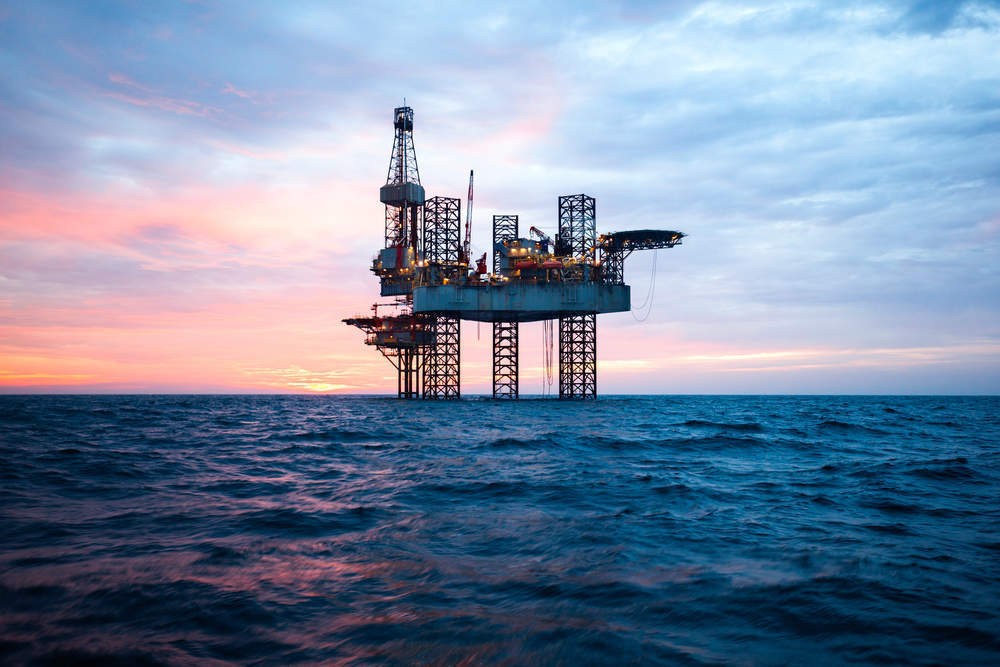
New Zealand is to stop issuing permits for oil and gas exploration in a bid to reduce the country’s carbon footprint.
The decision was announced by the country’s Prime Minister Jacinda Ardern, a sharp reversal of a nine-year Conservative policy to expand New Zealand’s fossil fuel industry.
Under the plans existing drilling permits would not be affected and there are not expected to be any direct job loses.
Arden – who, at 37, is currently the world’s youngest female national leader – said the decision was aimed at protecting “future generations from climate change”.
She said:
We’re striking the right balance for New Zealand – we’re protecting existing industry and protecting future generations from climate change.
How well do you really know your competitors?
Access the most comprehensive Company Profiles on the market, powered by GlobalData. Save hours of research. Gain competitive edge.
 Company Profile – free sample
Company Profile – free sampleThank you!
Your download email will arrive shortly
Not ready to buy yet? Download a free sample
We are confident about the unique quality of our Company Profiles. However, we want you to make the most beneficial decision for your business, so we offer a free sample that you can download by submitting the below form
By GlobalData(We are) taking an important step to address climate change and create a clean, green and sustainable future for New Zealand.
Transitions have to start somewhere and unless we make decisions today that will essentially take effect in 30 or more years’ time, we run the risk of acting too late and causing abrupt shocks to communities and our country.
Ardern’s government has pledged to cut the country’s greenhouse gases to zero by 2050 and switch the electricity grid from fossil fuels to renewable sources by 2035.
How big is New Zealand’s oil and gas exploration industry?
New Zealand’s oil and gas industry is a relatively small contributor to its annual GDP, accounting for just 1% of its economy and employing around 11,000 of the country’s 4.7 million population.
The industry generates around $1.8 billion each year, including $1 billion in exports.
One area which will be hard hit by the ban is the Taranaki region in New Zealand’s North Island, where much of the exploration is centred.
A limitation on new onshore permits around the island was also enforced.
There are currently 31 oil and gas exploration permits, 22 of which were issued for offshore exploration.
The government said that companies operating under existing permits could continue drilling for three years, after which licences would be reviewed.
What has the reaction been?
Environmental groups hailed the decision, with Greenpeace’s executive director Russel Norman congratulating New Zealand for standing up to “one of the most powerful industries in the world”.
However, opposition energy spokesman Jonathan Young accused the government of “vandalising the economy”.
He said:
This decision is devoid of any rationale. It certainly has nothing to do with climate change.
These changes will simply shift production elsewhere in the world, not reduce emissions.
New Zealand’s national oil company Petroleum Exploration and Production NZ said the ban came as a shock and the company had not been consulted in the decision-making process:
Chief executive Cameron Madgwick said:
Huge investments have been made by companies already anticipating offshore block offers which have now gone to waste and people’s jobs will be affected.
It sends a worrying message to domestic and international investors on how open New Zealand is as a place to invest and create jobs.





